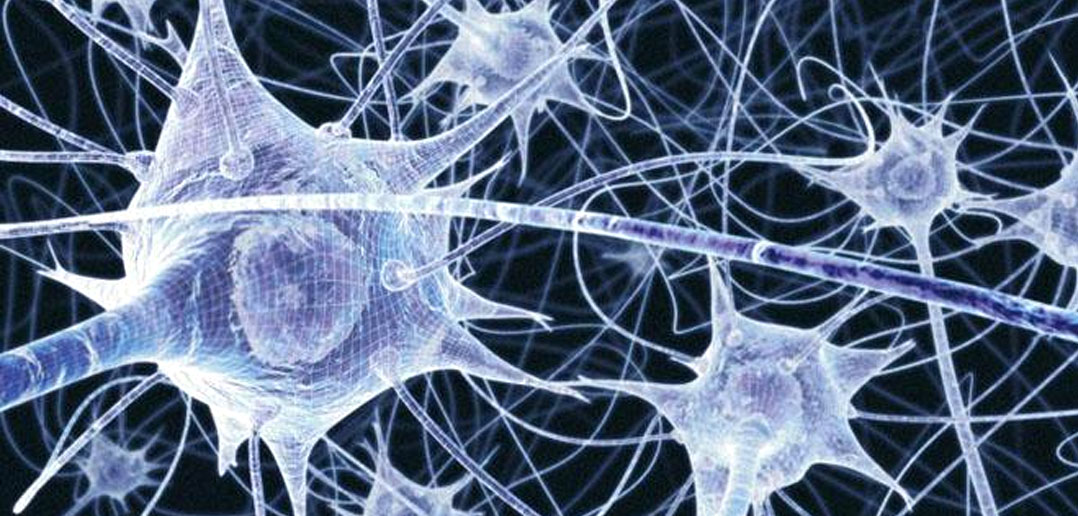

Stanley Hall, who formalized adolescent studies with his 1904 Adolescence: Its Psychology and Its Relations to Physiology, Anthropology, Sociology, Sex, Crime, Religion and Education, believed this period of “storm and stress” replicated earlier, less civilized stages of human development. Aristotle concluded more than 2,300 years ago that “the young are heated by Nature as drunken men by wine.” A shepherd in William Shakespeare’s The Winter’s Tale wishes “there were no age between ten and three-and-twenty, or that youth would sleep out the rest for there is nothing in the between but getting wenches with child, wronging the ancientry, stealing, fighting.” His lament colors most modern scientific inquiries as well. Through the ages, most answers have cited dark forces that uniquely affect the teen. They ask, What can explain this behavior? But even that is just another way of wondering, What is wrong with these kids? Why do they act this way? The question passes judgment even as it inquires. My son’s high-speed adventure raised the question long asked by people who have pondered the class of humans we call teenagers: What on Earth was he doing? Parents often phrase this question more colorfully. That bothered me, for I didn’t understand why. If it makes you feel any better, I was really focused.”Īctually, it did make me feel better. I made a deliberate point of doing this on an empty stretch of dry interstate, in broad daylight, with good sight lines and no traffic. “?’Reckless’ sounds like you’re not paying attention.

“It’s just not accurate,” he said calmly. “Well,” I huffed, sensing an opportunity to finally yell at him, “what would you call it?” He didn’t like it that one of the several citations he received was for reckless driving.

He even proffered that the cop did the right thing in stopping him, for, as he put it, “We can’t all go around doing 113.” He was in fact almost irritatingly reasonable. He did not argue when I pointed out that if anything happens at that speed-a dog in the road, a blown tire, a sneeze-he dies. He did not object when I told him he’d have to pay the fines and probably for a lawyer. “That’s more than a little fast,” I said. Apparently he had been driving “a little fast.” What, I asked, was “a little fast”? Turns out this product of my genes and loving care, the boy-man I had swaddled, coddled, cooed at, and then pushed and pulled to the brink of manhood, had been flying down the highway at 113 miles an hour. One fine May morning not long ago my oldest son, 17 at the time, phoned to tell me that he had just spent a couple hours at the state police barracks.

Although you know your teenager takes some chances, it can be a shock to hear about them.


 0 kommentar(er)
0 kommentar(er)
